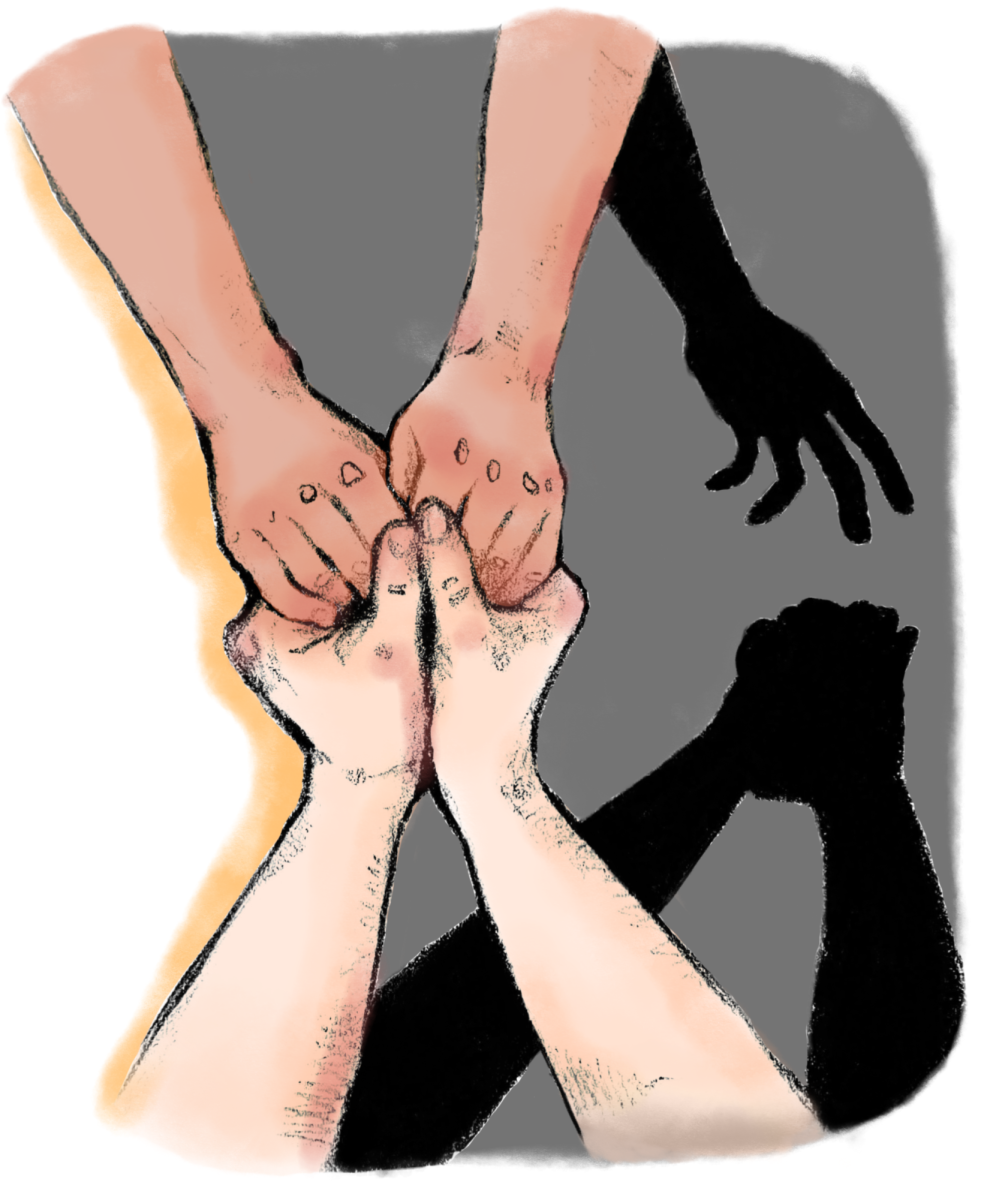Last semester, the Whitman campus engaged in a variety of critical discussions about race, both publicly in student panels on racism and anonymously through the online website Whitman Encounters. As both an observer and a participant in these discussions, I have watched my Whitman peers say countless anonymous, hurtful things over the Internet, questioning or pointing out the actions or beliefs of specific individuals. These malicious comments do little to further discussions regarding race on campus. Rather, they promote animosity toward each other and toward specific individuals, creating a hostile environment for all. While issues of race are an extremely important topic to discuss, this discussion is also extremely complex and personal for many.
In spite of this complexity, it is necessary for us to understand how we each fit in to the concept of race because race is omnipresent in our history and daily life. Yes, it is easy for us to ignore these issues or claim that these issues are not important, but claiming that this discussion does not need to occur enables a culture in which the status quo is okay.
I have also heard students on campus, both white and of color, who have expressed the inability to participate in these discussions because they fear being ostracized for their opinions. This should not be the case. In a community as small as the Whitman community, we should feel valued for our opinions in these discussions and supported as individuals, regardless of what we believe. It is our right to stand up and vocalize what we perceive to be right, but it is also our duty not to demean or ostracize each other if we wish to provoke a thoughtful and significant dialogue on such a serious subject.
As we gear up for the spring semester, it is vital to continue these discussions in a way that considers the larger picture of why these issues are important. While The Pioneer tries to document this dialogue on campus, as a staff with limited time and very little resources, we can only do so much. This is where you come in––should you feel strongly about a topic that is widely discussed on campus or one that has been overlooked, I urge you to write a letter to the editor. We are also asking for guest columnists to submit op-eds about issues of race on campus to our third issue, which we are planning to dedicate the entire opinion section to. Your voice is important, and it’s important to ensure that this dialogue continues.
In solidarity,
Shelly Le
editors@whitmanpioneer.com





